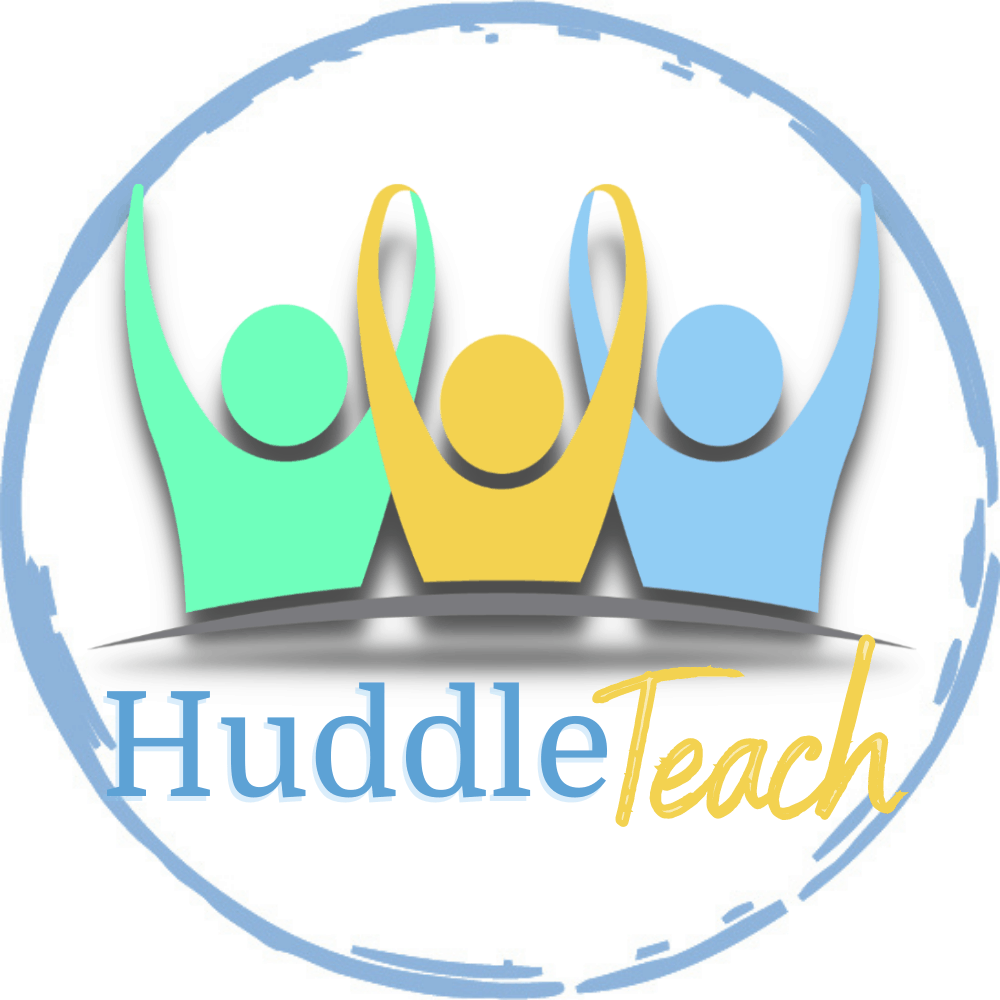Join the conversation on the platform you prefer!
ila.onlinelibrary.wiley.com
- SCROLL through the Facebook feed on the left,
- CLICK the button to LIKE the page,
- VISIT the Facebook Page and JOIN the Private Group!
How did I miss this from the What Works Clearinghouse? Check out the guide for Providing Reading Interventions for Students in Grades 4-9. https://t.co/8syhNgIlAG
2 key takeaways:
1️⃣ “Reading comprehension should be taught with texts worth reading – texts from which we want students to gain knowledge.”
2️⃣ “Three kinds of instruction paid ...off the most: summarizing, developing an understanding of text structure, and/or paraphrasing.”
⬇️
Children's brain activity looks different whether they are reading narrative or informational text--no surprise that classroom research suggests our instruction for these genres should be different ...too (e.g., purposes established for reading, text structures taught, ?s asked...)

No matter where,



